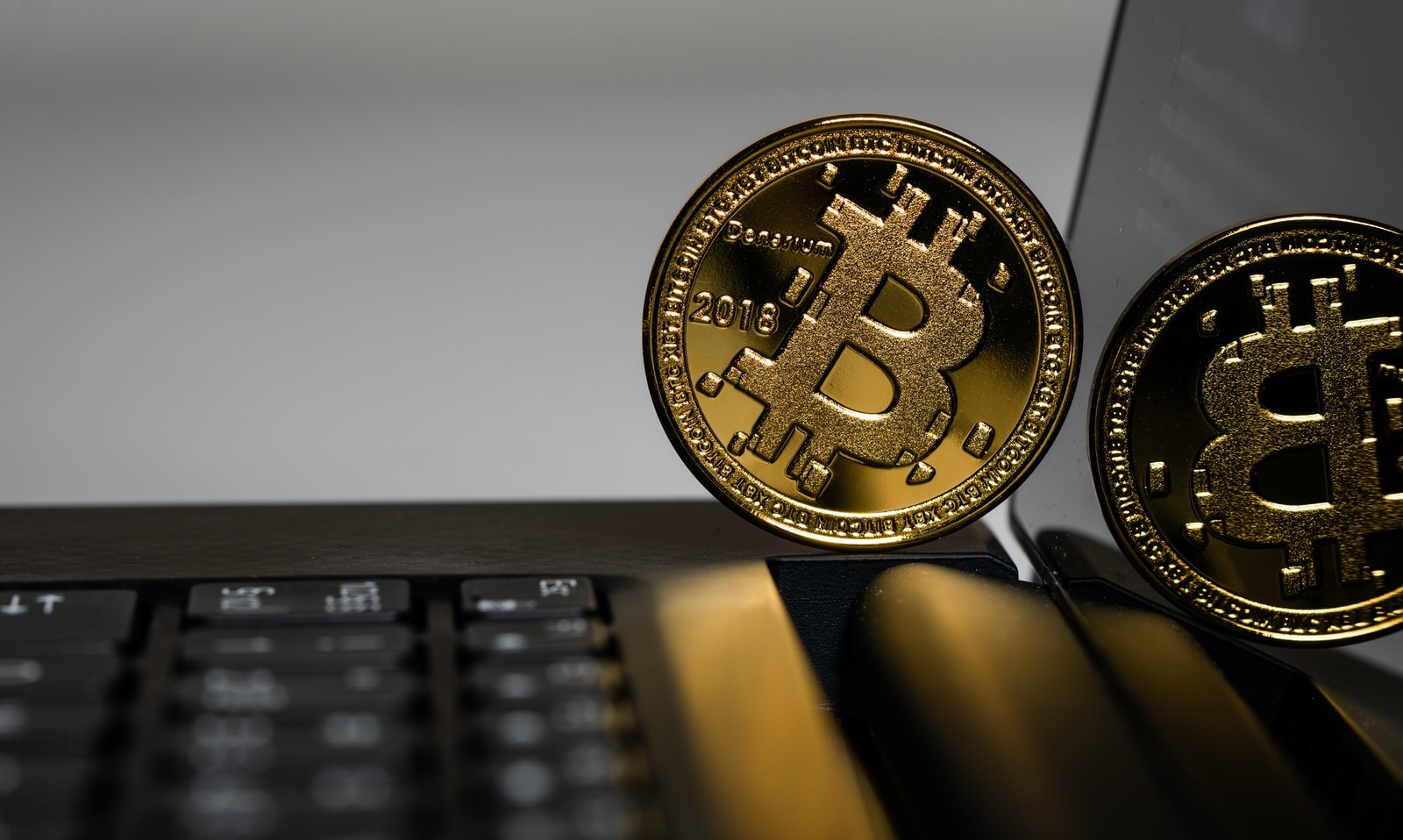SANTA ANA, California
A man was sentenced Friday to 24 months in federal prison for operating an illegal virtual-currency money services business that exchanged up to $25 million, according to authorities.
 Some of the money exchanged was on behalf of criminals – through in-person transactions and a network of Bitcoin ATM-type kiosks, officials stated.
Some of the money exchanged was on behalf of criminals – through in-person transactions and a network of Bitcoin ATM-type kiosks, officials stated.
U.S. District Judge Josephine L. Staton sentenced Kais Mohammad, a.k.a. “Superman29,” 37, of Yorba Linda.
In total, Mohammad exchanged between $15 million and $25 million from in-person exchanges and transactions occurring at his Bitcoin kiosks.
Mohammad pleaded guilty in September 2020 to a three-count criminal information charging him with operating an unlicensed money transmitting business, money laundering, and failing to maintain an effective anti-money laundering program.
Mohammad has agreed to forfeit to the government 17 Bitcoin ATMs, $22,820 in cash, 18.4 Bitcoin and 222.5 Ethereum cryptocurrency.
 From December 2014 to November 2019, Mohammad owned and operated Herocoin, an illegal virtual-currency money services business.
From December 2014 to November 2019, Mohammad owned and operated Herocoin, an illegal virtual-currency money services business.
As part of his business, Mohammad offered Bitcoin-cash exchange services, charging commissions of up to 25 percent – significantly above the prevailing market rate.
Using the moniker “Superman29,” Mohammad advertised his business online to buy and sell Bitcoin in transactions up to $25,000.
In a typical transaction, he met clients at a public location in Southern California and exchanged currency for them. Mohammad generally did not inquire as to the source of the clients’ funds and, on certain occasions, he knew the funds were the proceeds of criminal activity. Mohammad knew at least one Herocoin client was engaged in illegal activity on the dark web.
 Mohammad processed cryptocurrency deposited into the machines, supplied the machines with cash that customers would withdraw, and maintained the server software that operated the machines.
Mohammad processed cryptocurrency deposited into the machines, supplied the machines with cash that customers would withdraw, and maintained the server software that operated the machines.
Mohammad was able to monitor transactions on the machines and identify each transaction that occurred on them.
During the time of Herocoin’s operation, Mohammad, a former bank employee who trained others on compliance matters, intentionally failed to register his company with the U.S. Treasury Department’s Financial Crimes Enforcement Network (FinCEN).
 Mohammad was aware that he was required to – but chose not to – develop and maintain an effective anti-money laundering program, file currency transaction reports for exchanges of currency in excess of $10,000, conduct due diligence on customers, and file suspicious activity reports for transactions over $2,000 involving customers he knew, or had reason to suspect, were involved in criminal activity.
Mohammad was aware that he was required to – but chose not to – develop and maintain an effective anti-money laundering program, file currency transaction reports for exchanges of currency in excess of $10,000, conduct due diligence on customers, and file suspicious activity reports for transactions over $2,000 involving customers he knew, or had reason to suspect, were involved in criminal activity.
With respect to his Bitcoin ATM network, Mohammad’s machines allowed customers to conduct financial transactions without requiring any identification and permitted customers to conduct multiple, consecutive transactions of up to $3,000 each without ever reporting suspicious activity to regulators or law enforcement.
![]()
 After FinCEN contacted Mohammad in July 2018 about his need to register his company, Mohammad did so, but he continued to fail to comply fully with federal law concerning money laundering, conducting due diligence and reporting suspicious customers.
After FinCEN contacted Mohammad in July 2018 about his need to register his company, Mohammad did so, but he continued to fail to comply fully with federal law concerning money laundering, conducting due diligence and reporting suspicious customers.
“Rather than use his knowledge to create a robust compliance program, (Mohammad) avoided one altogether and profited by making his business an efficient, unchecked, and nearly anonymous conduit for money laundering and other crimes,” prosecutors wrote in their sentencing memorandum.
From February 2019 to August 2019, Mohammad also conducted multiple in-person transactions with undercover agents who represented they worked at a “karaoke bar” that employed women from Korea who entertained men in various ways, including engaging in sexual activity.
On August 28, 2019, Mohammad met with an undercover law enforcement agent and exchanged $16,000 in cash, which the agent represented were the proceeds from illegal activity, for 1.58592 Bitcoin.
Mohammad never filed a currency transaction report or suspicious activity report for these transactions.

